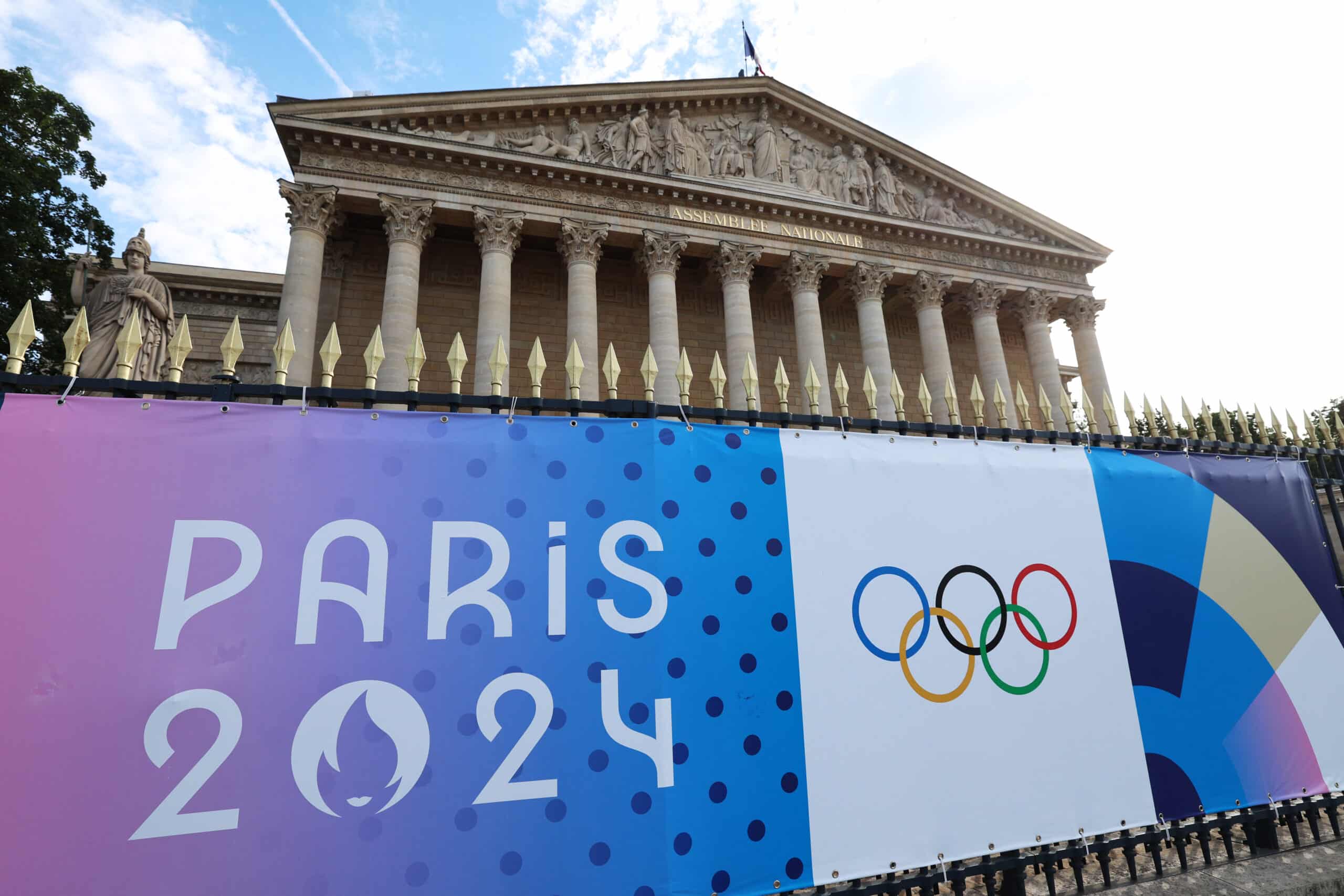Paris power outage is a critical issue that has garnered significant attention in recent years. As one of the world's most iconic cities, Paris relies heavily on a stable and efficient power supply to maintain its status as a global hub for tourism, business, and culture. However, when the lights go out, the consequences can be far-reaching and severe. In this article, we will explore the causes, impacts, and potential solutions to power outages in Paris, ensuring you are well-informed about this critical topic.
Paris power outages have become a growing concern for residents, businesses, and tourists alike. The city's aging infrastructure, coupled with increasing energy demands, has put immense pressure on the power grid. Understanding the root causes of these outages is essential for developing effective strategies to mitigate their impact.
As we delve deeper into this issue, we will examine the historical context, the role of climate change, and the steps being taken to modernize the city's energy systems. By the end of this article, you will have a comprehensive understanding of Paris power outages and how they are being addressed to ensure a more reliable future for the city's energy needs.
Read also:Ip2 Always Wins The Ultimate Guide To Understanding And Leveraging Ip2 Strategy
Contents:
- Introduction
- History of Power Outages in Paris
- Causes of Paris Power Outage
- Impact on Daily Life
- Climate Change and Power Outages
- Solutions and Innovations
- Upgrading Infrastructure
- Government Initiatives
- Community Preparedness
- Future Outlook
History of Power Outages in Paris
Paris has experienced power outages throughout its history, with some notable incidents occurring in recent decades. For instance, the 2003 European heatwave caused widespread blackouts across France, including Paris, due to excessive demand on the power grid. Similarly, severe storms in 2018 and 2020 led to significant disruptions in the city's electricity supply.
Historical Context of Energy Systems
Paris's energy systems date back to the early 20th century, with many of the city's power lines and substations still in use today. This aging infrastructure contributes to the frequency and severity of power outages in the city. According to a report by the French energy regulator, CRE, approximately 30% of the city's power infrastructure is over 40 years old.
Causes of Paris Power Outage
Several factors contribute to power outages in Paris. These include:
- Aging infrastructure that struggles to meet modern energy demands.
- Severe weather conditions, such as storms and heatwaves, which can damage power lines and equipment.
- Increasing urbanization and population growth, leading to higher energy consumption.
Technological Challenges
Paris's power grid faces technological challenges, including outdated systems that are prone to failure. The city's reliance on centralized power generation also makes it vulnerable to widespread outages when a single component fails.
Impact on Daily Life
Power outages in Paris can have a profound impact on daily life. Residents may experience disruptions in essential services such as transportation, healthcare, and communication. Businesses, particularly those in the tourism and hospitality sectors, may suffer significant financial losses during prolonged outages.
Read also:Jack Dohertyleaks Unveiling The Controversial Data Breach
Economic Consequences
Studies show that power outages cost the French economy billions of euros annually. For example, a 2019 study by the French Ministry of Economy estimated that a single day of power outage in Paris could result in losses exceeding €50 million. This highlights the urgent need for improvements in the city's energy infrastructure.
Climate Change and Power Outages
Climate change plays a significant role in the frequency and intensity of power outages in Paris. Rising temperatures and extreme weather events, such as storms and floods, put additional stress on the city's power grid. As global temperatures continue to rise, the likelihood of power outages is expected to increase.
Adapting to Climate Change
To address the challenges posed by climate change, Paris is implementing measures to enhance the resilience of its power systems. These include investing in renewable energy sources, improving energy efficiency, and developing smart grid technologies.
Solutions and Innovations
Several solutions and innovations are being explored to reduce the frequency and impact of power outages in Paris. These include:
- Investing in renewable energy sources, such as solar and wind power, to diversify the city's energy mix.
- Implementing smart grid technologies to improve the efficiency and reliability of the power system.
- Encouraging energy conservation through public awareness campaigns and incentives for businesses and households.
Renewable Energy Transition
Paris has set ambitious targets for transitioning to renewable energy. The city aims to reduce its carbon emissions by 50% by 2030 and achieve carbon neutrality by 2050. This transition will play a crucial role in reducing the likelihood of power outages and ensuring a more sustainable energy future.
Upgrading Infrastructure
Upgrading Paris's power infrastructure is a top priority for city officials. This includes replacing aging equipment, modernizing substations, and expanding the capacity of the power grid. Investments in infrastructure upgrades are expected to significantly reduce the frequency and duration of power outages.
Modernizing the Grid
Modernizing the grid involves integrating advanced technologies, such as sensors and automated controls, to improve the reliability and efficiency of the power system. These technologies enable real-time monitoring and rapid response to potential issues, minimizing the impact of outages.
Government Initiatives
The French government has launched several initiatives to address power outages in Paris. These include funding programs for infrastructure upgrades, research and development of new technologies, and partnerships with private sector companies to promote innovation in the energy sector.
Policy Framework
A robust policy framework is essential for ensuring the success of these initiatives. The government has introduced regulations and incentives to encourage the adoption of renewable energy and energy-efficient technologies. These policies are designed to create a more resilient and sustainable energy system for the city.
Community Preparedness
Community preparedness is a critical component of mitigating the impact of power outages in Paris. Residents and businesses are encouraged to take steps to ensure their safety and well-being during outages. This includes having emergency supplies on hand, staying informed about weather conditions, and participating in community drills and training programs.
Public Awareness Campaigns
Public awareness campaigns play a vital role in educating the community about the importance of preparedness. These campaigns provide information on how to respond during power outages, the benefits of energy conservation, and the role individuals can play in supporting the transition to renewable energy.
Future Outlook
The future outlook for Paris power outages is optimistic, as the city continues to invest in modernizing its energy systems and transitioning to renewable energy sources. With the support of government initiatives, community engagement, and technological advancements, Paris is well-positioned to reduce the frequency and impact of power outages in the years to come.
Long-Term Goals
Paris's long-term goals for energy sustainability include achieving carbon neutrality by 2050, reducing reliance on fossil fuels, and ensuring a reliable and resilient power supply for all residents and businesses. These goals are supported by ongoing investments in infrastructure, research, and innovation.
In conclusion, Paris power outages are a complex issue with far-reaching implications for the city's residents, businesses, and visitors. By understanding the causes, impacts, and solutions to these outages, we can work together to create a more sustainable and resilient energy future for Paris. We invite you to share your thoughts and experiences in the comments section below, and encourage you to explore other articles on our site for more information on this critical topic.


